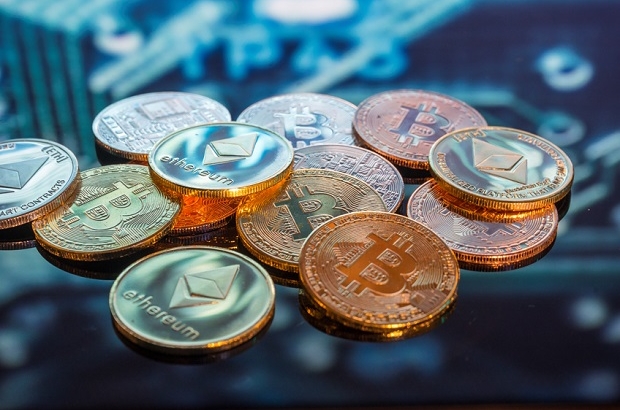- Daily & Weekly newsletters
- Buy & download The Bulletin
- Comment on our articles
Beware the crypto fraudsters: An underworld of fake investment brokers is emerging, warns ING’s online security expert
An anchor in a blue suit emerges on the screen, sitting at a desk in front of a blue-tinted, busy newsroom – a familiar sight to viewers of TV news channels.
“The Belgians won’t have to work anymore,” she sets out in perfect RP English before handing over to none other than Elon Musk, who is launching a multi-billion dollar project that will “open up great investment opportunities for Belgian citizens”.
Musk’s software, we are told, will predict the cryptomarket with 100% accuracy. We will earn $237 an hour if we sign up. There’s just one problem: it’s all fake.
“Many online ads promise huge returns if you invest,” explains Alexandre Pluvinage, Head of Fraud and Online Security Awareness at ING Belgium. “We’re seeing more and more of this, especially on social media. They create a false narrative and often use big names like Elon Musk to increase credibility.”
It’s not known how the fake Elon Musk video was produced. It’s not top quality, but it’s not bad either. Sure, the audio occasionally fails to lip-sync. If you’ve become accustomed to low-res Zoom meetings and self-recorded smartphone videos, however, you might not notice.
“People who only consume content on YouTube are confronted with so many ads designed to instantly make them go ‘wow’,” says Pluvinage. “Fraudsters will promise great things that require minimal effort. It’s completely fake, but some people fall into the trap easily.”
Unregulated market
Cryptocurrencies exist in many forms. Bitcoin was the first to be released as open-source software in 2009 as an alternative to state-controlled currencies. Quickly the focus shifted to speculation on the value of the different currencies.
As a consequence, investing in cryptos has gained a positive reputation, with the focus almost solely on the profits.
“With stocks, you know that things go up and down. For a long time, the crypto market only went up. People still think that crypto investments can only bring huge revenues, although the risk can be very high. Many banks are reluctant to offer the product because of the lack of regulation,” says Pluvinage.
Scammers use the banks’ scepticism towards cryptocurrency as part of their storytelling to sell fake investments and manipulate victims.
“Fraudsters know the banks’ position. They will say the banks are hiding a good investment opportunity,” he explains. “They will tell their victims how to generate big returns from investing in cryptocurrency. They use fake reports to push people beyond their limit. If necessary, they will call multiple times, even becoming aggressive to scare you. Once you give your phone number away, it gets extremely tricky.”
Coupled with the financial hardship that has hit many people in recent times as a result of the pandemic and rising inflation, a dangerous cocktail is brewing.
“It’s difficult to create awareness, because the cryptocurrency world is still very opaque for many. Fraudsters are using this by pretending that buying and investing in crypto are two different things, which is not true. Knowing that some people are struggling to pay their bills, it creates a dangerous situation for fraud.”
Use your common sense
The problem, Pluvinage says, is “really alarming”, with fraud reports occurring on a daily basis. Significant amounts of money are being transferred by customers to the fraudsters without it ever being invested into cryptocurrencies.
Anyone wanting to invest in cryptocurrency should apply common sense and a critical mindset.
“If you’re serious about investing, then do your own research. Try to understand the way cryptocurrencies work, familiarise yourself with the terminology, check the reputation of the company you want to work with. But more importantly, visit the website of the Belgian regulator FSMA,” says Pluvinage.
“Whatever you do, never start investing based only on a social media ad.”
How to avoid a crypto scam
- If it sounds too good to be true, it probably is.
- Consult the FSMA for guidance. Banks do not advise on cryptos.
- Never give away your phone number on a website.
- Don’t get carried away just because someone seems legitimate. Fraudsters can be excellent manipulators.
This article was first published in ING Belgium's Expat Time digital magazine, spring 2023



















